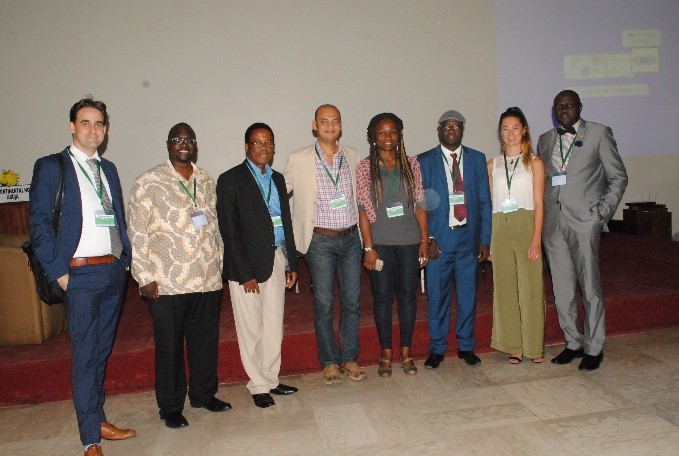A 2-day Learning Collaborative Workshop designed to inform participants on science advice for policy making at all levels of government was held in Abuja, Nigeria from 13 to 14 November 2017. Coordinated by the Nigerian Academy of Science (NAS) in collaboration with the Africa Chapter of the International Network for Government Science Advice (INGSA-Africa), the workshop brought together participants mainly from various Academies of Science in Africa and grantees of the Sida-funded ICSU programme on Leading Integrated Research for Agenda 2030 in Africa (LIRA 2030).

The workshop consisted of presentations by representatives from the INGSA headquarters in New Zealand, UNESCO Abuja Office and the Steering Committee of INGSA-Africa as well as case studies which provided an interactive way of applying science advice into realistic situations. A post-workshop survey yielded a generally very positive feedback from participants who rated the overall quality as excellent and found the case studies an appropriate and helpful way of learning how to offer science advice.